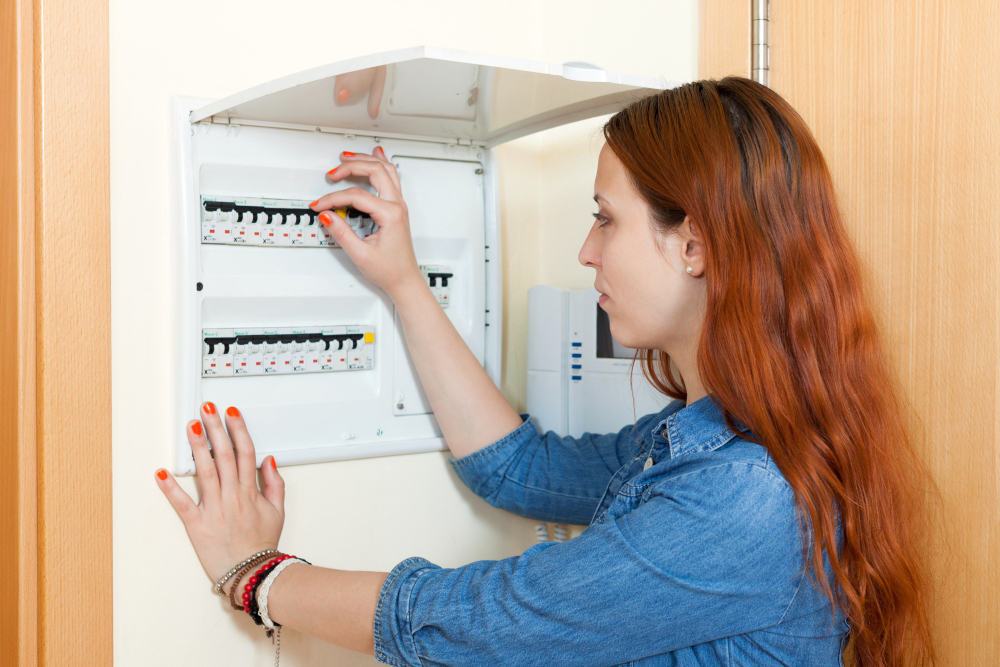Understanding Electrical Hazards in the Home

When we think of hazards at home, we typically think of risks like slipping and falling, sharp objects, and chemicals. What most people forget is the dangers posed by electricity. Not only is it responsible for countless fires and injuries, but it's also invisible, which makes it all the more challenging to detect. This is why it's important to understand electrical hazards and take necessary precautions to keep yourself and your loved ones safe.
1. Overloaded Circuits
One of the most common causes of electrical fires is an overloaded circuit. This happens when too many appliances, extension cords, or power strips are plugged into the same outlet. The excess current can cause the wiring to overheat, which, in turn, can melt the insulation surrounding the wires and cause a fire. To prevent this, always strive to use different outlets for each device and limit the number of devices you plug in each outlet.
2. Outdated Wiring
Homes that were built many years ago were not designed to handle the current load of modern appliances, electronics and amenities and usually have outdated wiring that can deteriorate inside the walls over time. Worn-out wiring insulation will allow electrical current to leak, putting you at risk for shock or possible fires. The only way to determine if the wiring in your home is up-to-date is to hire a professional electrical contractor to perform a thorough safety inspection.
3. Poorly-Maintained Electrical Equipment
As with everything else in your home, your electrical appliances and equipment need to be maintained on a regular basis. Worn out cables, connections, or sockets can lead to electrical fires. Always make sure you routinely check all your wiring, plugs, outlets, and cords for damage.
4. Water and Electricity
Water and electricity are an extremely dangerous combination. Never touch electrical devices with wet hands or place them near any source of water. Make sure to keep all electrical equipment away from sinks, tubs, and showers. And keep in mind that exposed wiring and outlets should never come into contact with moisture.
5. DIY Electrical Projects
When homeowners try to do electrical work on their own, they put themselves at risk of electrical hazards and serious injuries. Remember that electrical installations and repairs need to be done by licensed and trained electrical contractors. Not only will it ensure your safety, but it will also guarantee the work is done correctly.
Conclusion
Electrical problems can be a significant safety hazard, but with the right precautions, they don't have to be. Always use any necessary protective gear, don't attempt repairs unless you have the proper licensing and experience, and keep a careful eye on anything related to electrical work. When in doubt, call an electrical contractor to do the work for you. If you're looking for electrical contractors in Apopka, FL, contact Spectrum Electric Inc today to schedule an appointment. We offer top-quality electrical contractor services, from electrical repairs to home rewiring and installations.
